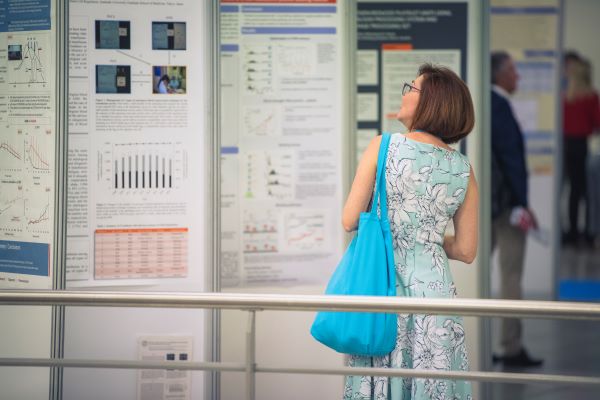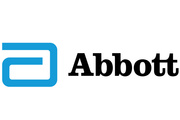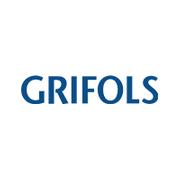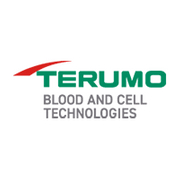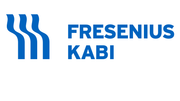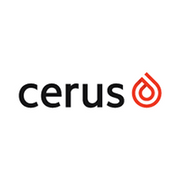Abstract information
Abstract topics for ISBT Kuala Lumpur
Abstracts for the Scientific Program will be accepted into the following topics:
1. Management and organisation
1.1 Organisational issues
1.2 Cost/effectiveness
1.3 Training and education
1.4 Risk models, standards and regulation
1.5 Blood supply management and utilization
1.6 Quality management
1.7 Social, legal, ethics blood donation and transfusion
2. Blood donation
2.1 Blood donor recruitment and retention
2.2 Blood donor health
2.3 Blood collection including apheresis
2.4 Donor adverse events
2.5 Blood donor biorepositories and public health research
3. Blood products / components
3.1 Blood processing, storage and release
3.2 Blood components
3.3 Plasma derived products
3.4 Pathogen inactivation
3.5 Novel blood products/components
4. Transfusion transmitted infections
4.1 Screening strategies for TTI
4.2 Hepatitis B (HBV)
4.3 Hepatitis C (HCV)
4.4 HIV
4.5 Bacteria
4.6 Parasites
4.7 Newly emerging pathogens and other transfusion related pathogens
5. Immunohaematology
5.1 Red cell immunohaematology: serology
5.2 Red cell immunohaematology: molecular
5.3 Platelet and granulocyte: serology
5.4 Platelet and granulocyte: molecular
5.5 Haemolytic disease of the Fetus and Newborn (HDFN)
5.6 Rare Donors
6. Clinical Transfusion
6.1 Neonatal and pediatric transfusion
6.2 Therapeutic apheresis
6.3 Evidence based transfusion medicine practice
6.4 Haemorrhage and massive transfusion
6.5 Adverse events, including TRALI
6.6 Haemovigilance and patient safety
6.7 Alternatives to blood transfusion
6.8 Patient Blood Management (PBM)
6.9 Clinical / laboratory interface - Transfusion Practitioner (TP) initiatives
7. Cellular therapies
7.1 Stem cell and tissue banking, including cord blood
7.2 Collection, processing, storage and release
7.3 Clinical applications
8. Immunobiology and Basic Transfusion Biology
8.1 Mechanisms of Immune Responses to Red Blood Cells and Platelets
8.2 Pathophysiology of Pulmonary Transfusion Reactions
8.3 Mechanisms of the Blood Storage Lesion
8.4 Role of blood cells in hemostasis; metabolism
8.5 HLA in transfusion medicine
8.6 Histocompatibility in transplantation
9. Data Science in Transfusion Medicine
9.2 Vein to vein registries - use of big data - epidemiology
9.3 Use of Machine Learning or Artificial Intelligence
ISBT Travel Fellowships
As an extension to the existing Harold Gunson Fellowship programme a new category of Exceptional Abstract Fellowships is being introduced. Travel fellowships are awarded for each ISBT congress, and investigators no more than 40 years of age at the time of the congress are eligible to apply at the time of abstract submission. Applications from any country will be considered for an Exceptional Abstract Fellowship, and those from low, lowermiddle and upper-middle WBI countries (LMIC) will also be considered for a Harold Gunson Fellowship.
Eligibility
- Applications are open to those no more than 40 years old on the first day of the congress, who are the first, submitting and presenting author of an abstract (subsequent acceptance of the abstract for the scientific programme is a condition of eligibility).
- Applicants need not be ISBT member at the time of application.
- Applications from any country will be considered for an Exceptional Abstract Fellowship, and those from LMIC will also be considered for a Harold Gunson Fellowship.
- Harold Gunson Fellowships may be awarded to the same individual no more than twice

